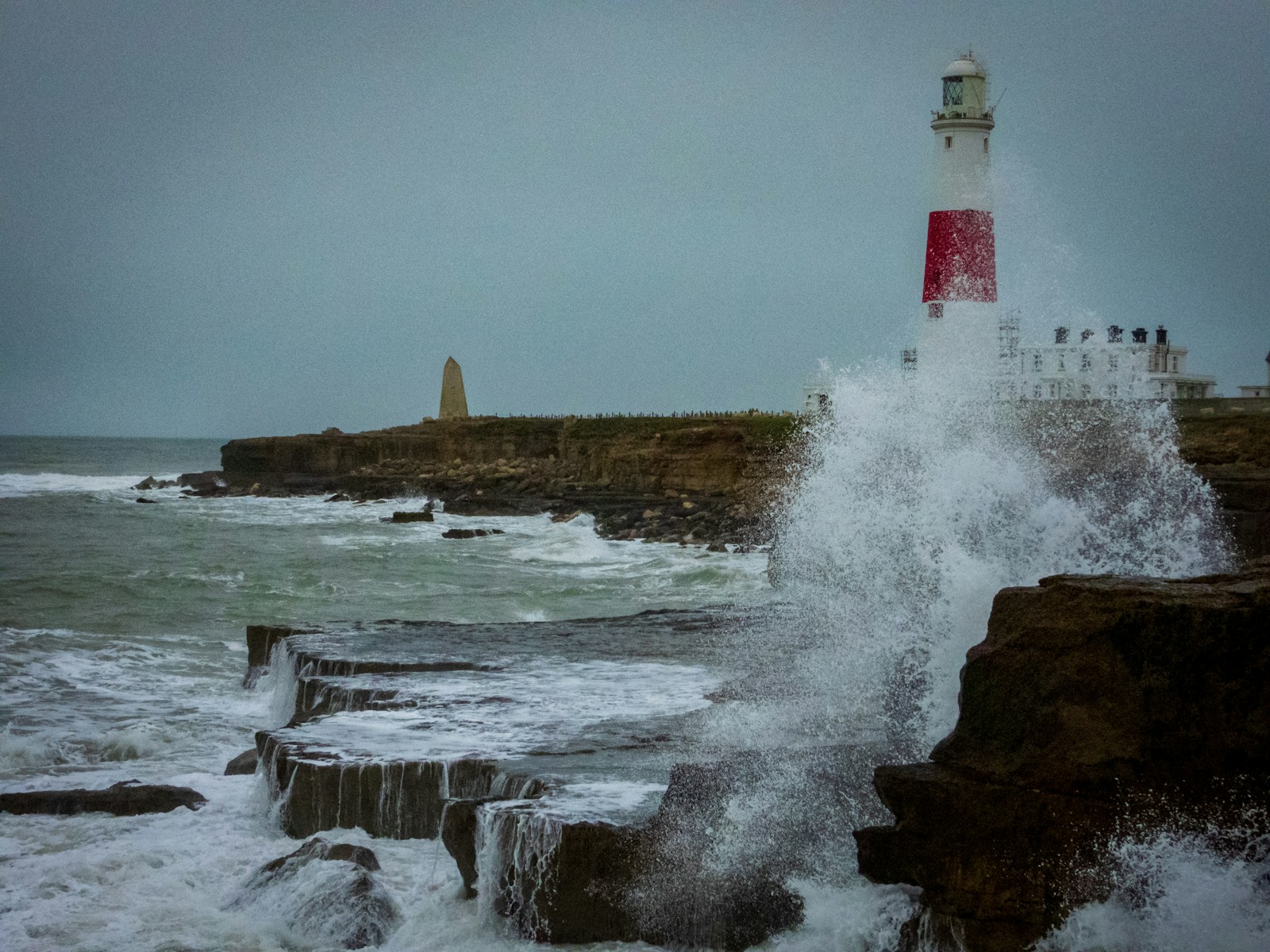
chubasco

squall
The word 'chubasco' in Spanish does not have a direct English translation. However, it is commonly used to refer to a violent storm or squall in tropical or mid-latitude regions, specifically in the coastal areas. It can be described as a heavy downpour of rain, often accompanied by strong winds and sometimes hail.
Example sentences using: chubasco
El chubasco de nieve cubrió la ciudad entera.

The snow squall covered the entire city.
This illustrates the ability of a snow squall to blanket an entire city with snow.
El chubasco sorprendió a los navegantes en alta mar.

The squall surprised the sailors in the open sea.
It describes a situation where a squall (a sudden, violent gust of wind or a localized storm) surprised sailors while they were in the open sea.
La fuerza del chubasco derribó varios árboles.

The force of the squall brought down several trees.
This situation portrays the destructive power of a squall, which was so strong that it uprooted several trees.
El chubasco hizo que el evento al aire libre se cancelase.

The squall caused the outdoor event to be cancelled.
This illustrates how a squall disrupted an outdoor event to the extent that it had to be cancelled.
Pedro se olvidó el paraguas y el chubasco le empapó.

Pedro forgot his umbrella and the squall soaked him.
In this context, Pedro forgot to take his umbrella, and as a result, got drenched in a squall.
El chubasco trajo consigo un notable descenso de la temperatura.

The squall brought about a notable drop in temperature.
This statement illustrates how a squall can cause a significant decrease in temperature.
El viento del chubasco arrastró todo a su paso.

The squall's wind swept away everything in its path.
This sentence describes the force of a squall's wind, which was strong enough to carry everything along its path.
El pronóstico del clima advertía sobre un posible chubasco.

The weather forecast warned about a possible squall.
In this context, the weather forecast warned inhabitants of the possibility of a squall.
La tormenta se convirtió en chubasco en cuestión de minutos.

The storm turned into a squall in a matter of minutes.
This demonstrates how a regular storm can abruptly intensify into a squall.
La ciudad recibía el verano con un inusual chubasco.

The city welcomed summer with an unusual squall.
This sentence portrays a rare situation where a squall occurred at the beginning of summer.